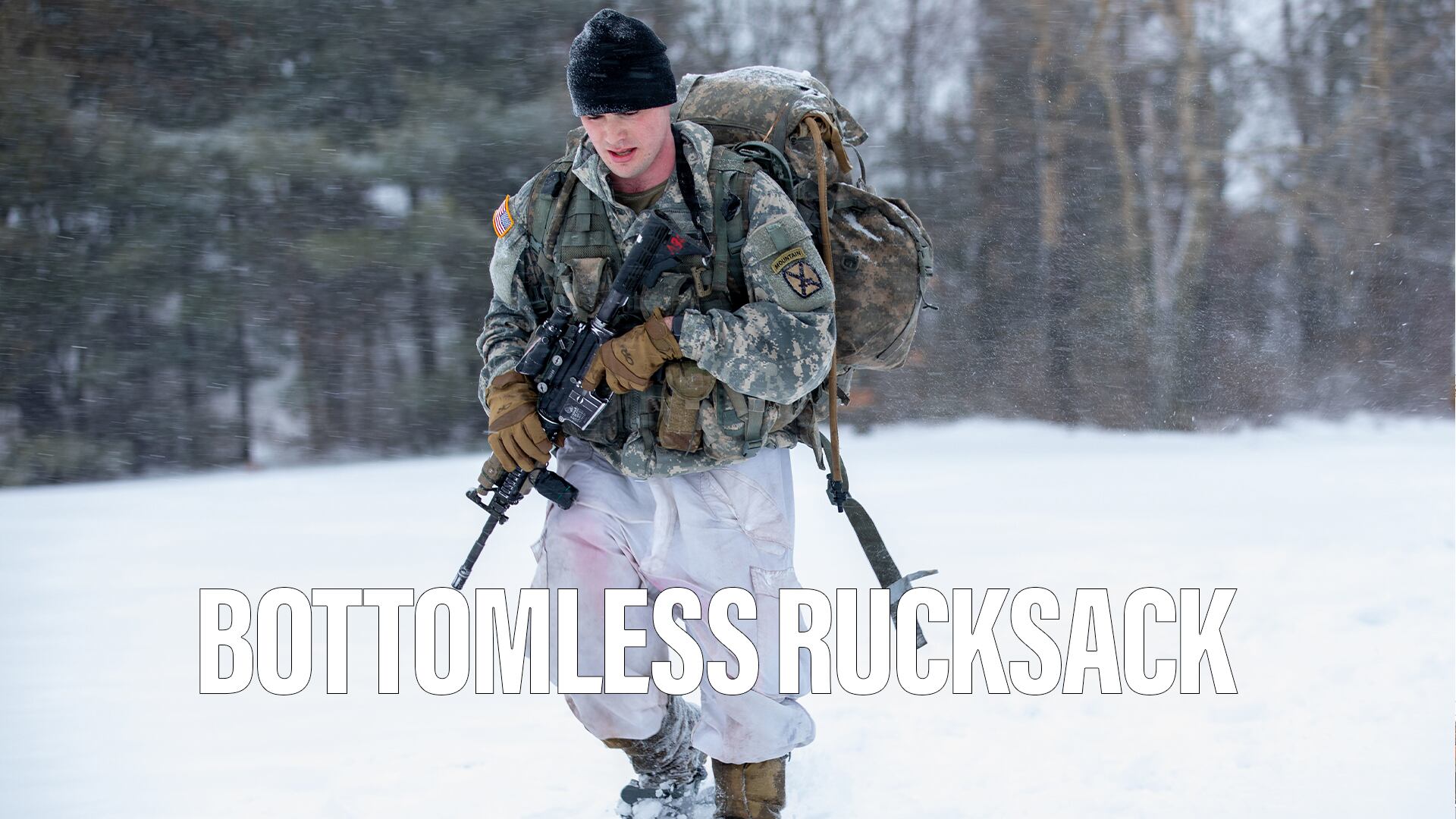ANKARA—The Turkish government has decided to launch three new state-controlled defense companies which it hopes will create "vertical specialization" in the industry.
The planned three companies will come in addition to the 15 existing ones controlled by the government, rounding out the country's requirements for internal capabilities.
"We think that the sectoral depth [in the Turkish industry] is sufficient," said Ismail Demir, Turkey's chief procurement official.
The Turkish government gave the go-ahead for the establishment of the three companies at a March 9 meeting of the country's ultimate decision-making body, the Defense Industry Executive Committee. The Committee is chaired by the prime minister. Its other members are the defense minister, chief of the military general staff and head of the defense procurement office.
One of the new comers, Savunma Sanayi Teknolojileri A.S., will specialize in aerospace and defense technologies as well as homeland security, according to Demir, head of the Undersecretariat for Defense Industries (SSM).
"This company will boost vertical depth in design, software and production fields," Demir said.
One SSM official said that Savunma Sanayi Teknolojileri also will specialize in autonomous systems, robotics, equipment technologies, information technologies, bio technologies, cyber security and weapons systems. The company will be 100 percent owned by SSM.
"That company will provide technological guidance to the local companies, government-controlled or privately-owned," the official said. "Its primary engagement will be developing high technologies in defense, not production in defense."
The second new company is Turk Test, which will specialize in testing all defense systems, vehicles and equipment.
"Turk Test will offer testing capabilities beyond the capabilities that exist in the local industry," said the SSM official.
Turkey has been commissioning foreign test centers or companies for some of the locally-developed systems including aerospace parts and missiles.
"Turk Test intends to end the test dependency on foreign sources," the official said. "For instance the Turkish industry does not have capabilities to have tests on wing endurance. There are other critical tests for which we must depend on foreign sources. The idea is to gain self-sufficiency in the longer term."
That goal is in line with Turkey's official defense industry doctrine based on gradually eliminating dependency on foreign systems, equipment and services.
The government claims that the share of local systems in overall procurement rose from 24 percent in 2002 to nearly 60 percent. It says it aims to reach full domestic procurement by 2023.
The third company in the offing is Turk Nano A.S., which will specialize in micro electronics.
Demir said that Turk Nano will start with an initial investment of $97 million. It will meet the micro electronics requirements of the local industry through indigenous design and production. The SSM chief also said that the planned company will made an additional investment worth $350 million after it has become operational.
The SSM official said that for Turk Nano SSM will partner with the military electronics specialist Aselsan, Turkey's biggest defense company. Aselsan, too, is a state-controlled entity.
"The effort does not mean additional competition for the privately-owned local companies. It will have a complementary role rather than competitive. All local companies will benefit from additional vertical depth," said Ozgur Eksi, an Ankara-based defense analyst with C4 Defence. "From a longer term perspective the new companies may mean smaller business for foreign companies commissioned by Turkey today for some high-technology work."
A defense ministry official said that Turkey also aims to win foreign contracts in the field the three new companies will specialize.
"These companies over the course of time will evolve into regional technology centers vying to win business from abroad … in a way rivals to similar western companies," he said.
Burak Ege Bekdil was the Turkey correspondent for Defense News.








